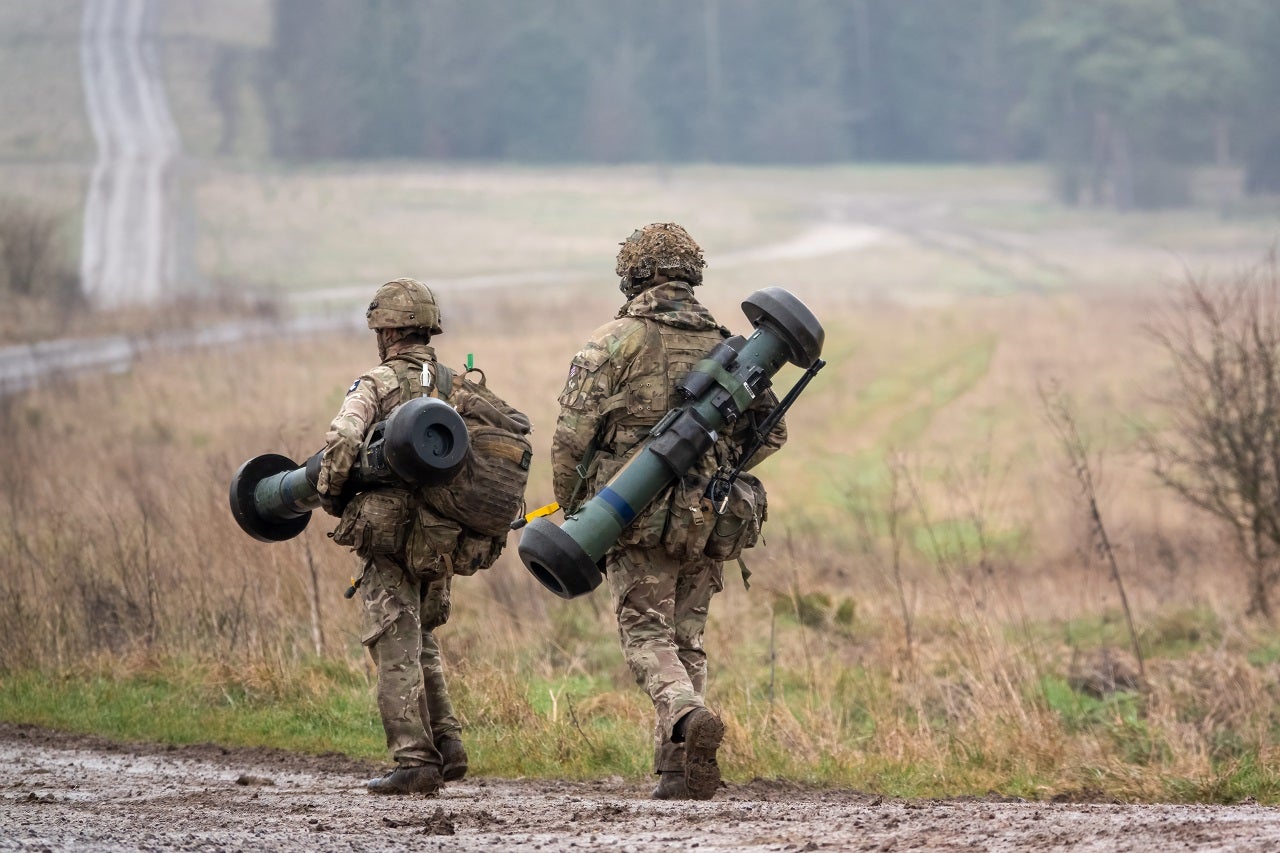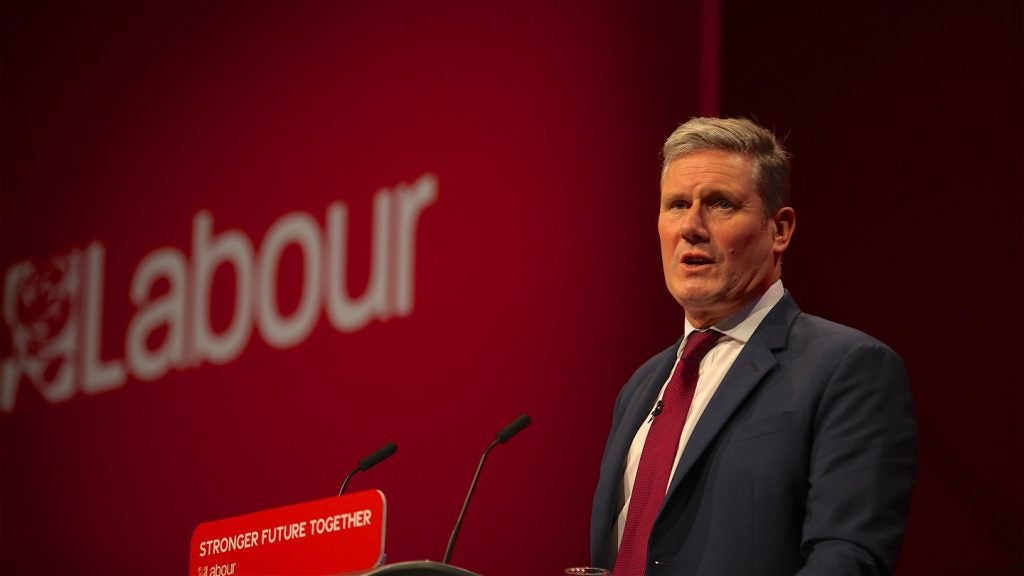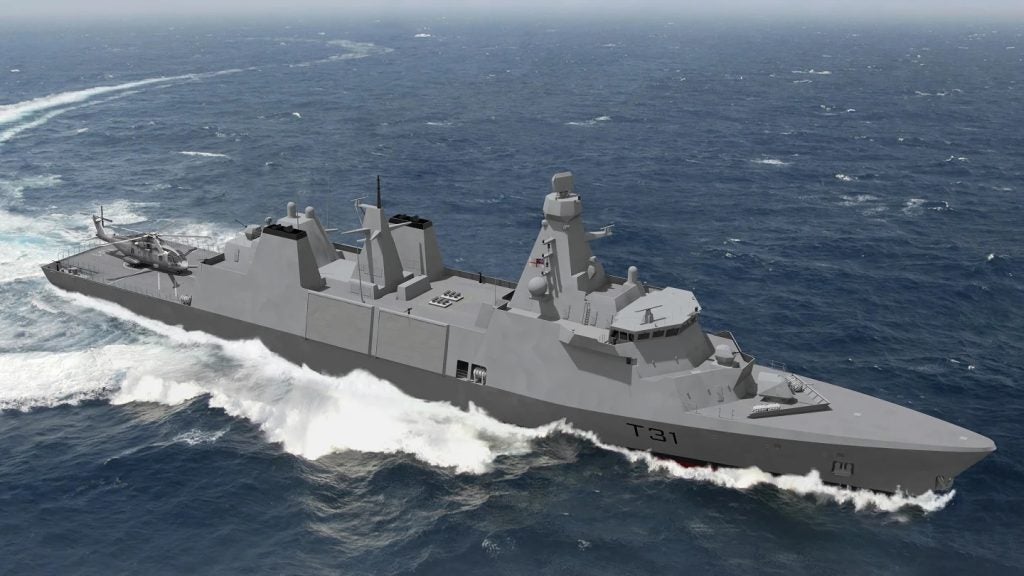The British Ministry of Defence (MoD) has been the focus of much attention over the past few weeks as 2023’s budget announcement coincided with the release of the Integrated Review Refresh (IR23). The much-awaited review document has set out notable changes to the UK’s approach to its relationships with international partners, and adversaries: the review of this paper was necessitated by Russia’s invasion of Ukraine but has since attracted interest in the change of rhetoric around UK-Chinese relations. However, the IR23 does not command a broader overview of defence strategy, with the UK now having to wait until June for the publication of the new Defence Command Paper (DCP) – a substantial time period during times of such uncertainty. Coupled with a modest defence budget increase, in comparison to its allies, questions remain over what impact UK Defence will be able to make moving forward.
The changed approach to the UK’s participation in the international defence and geopolitical arena is apparent in the IR23. While it was the invasion of Ukraine and the presence of major conventional warfare in continental Europe that triggered the review of the IR21, it is the UK’s rhetoric and stance on relations with China that have been most noted by readers of the IR23. The document outlines China as a threat in much stronger terms, providing the explanatory basis for the development of the AUKUS nuclear submarine programme. The joint programme will create a sovereign nuclear deterrent force in the Indo-Pacific region, with the aim of deterring any future Chinese aggression. Importantly, it also ties to the theme of international collaboration that runs through the IR23. The IR21 was noted for its isolationist tone – the IR23 is far from this, with a heavy emphasis placed on what can be achieved, and what is being achieved already, through cooperation with the UK’s allies.
A critical issue with the IR23 is the lack of action that it includes. The DCP, a crucial policy document that outlines and directs defence strategy for the UK Armed Forces in relation to the IR23 findings, is not due for publication until June. Given the speed at which the global sands are shifting, there are concerns that the months between the publication of the IR23 and DCP will lead to many opportunities for UK power projection being missed.
The budgetary increases are respectable but limited, but unsurprising given the broader fiscal environment in the UK. The government has promised a £5bn increase for this year’s defence budget, a figure that will take the UK closer to its spending goals as it pushes to extend its budget far past the Nato 2% of GDP target. The impact of this £5bn will, however, be restricted in what it can achieve for the UK Armed Forces. The funds have already been earmarked (approximately £3bn will be set aside for the development of nuclear infrastructure needed for the AUKUS programme and approximately £2bn for weapon reserve replenishment). This money is much needed, however, the increased budget will not be able to rebuild the UK’s degraded capabilities, or fund new, as yet unplanned programmes.
Overall, the Integrated Review Refresh 2023 provides an interesting insight into the geopolitical position in which the UK is seeking to situate itself. The document lacks a sense of definitive strategic direction that is needed given the current global security environment.
See Also:
How well do you really know your competitors?
Access the most comprehensive Company Profiles on the market, powered by GlobalData. Save hours of research. Gain competitive edge.

Thank you!
Your download email will arrive shortly
Not ready to buy yet? Download a free sample
We are confident about the unique quality of our Company Profiles. However, we want you to make the most beneficial decision for your business, so we offer a free sample that you can download by submitting the below form
By GlobalData









Related Company Profiles
NATO
Dcp Inc